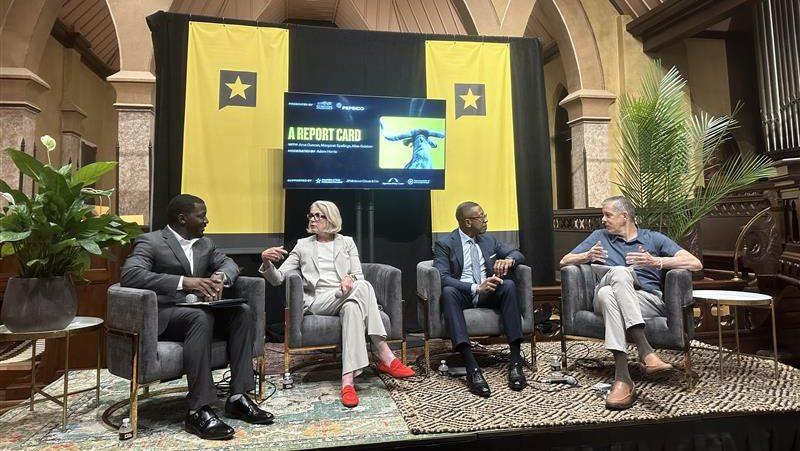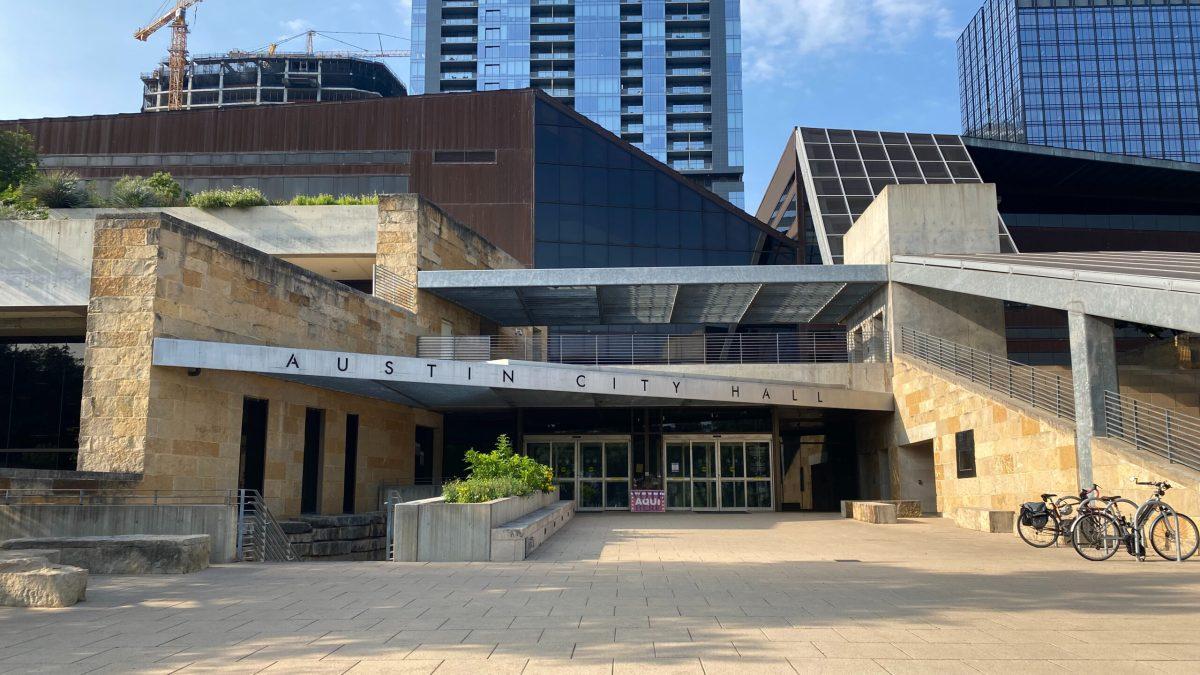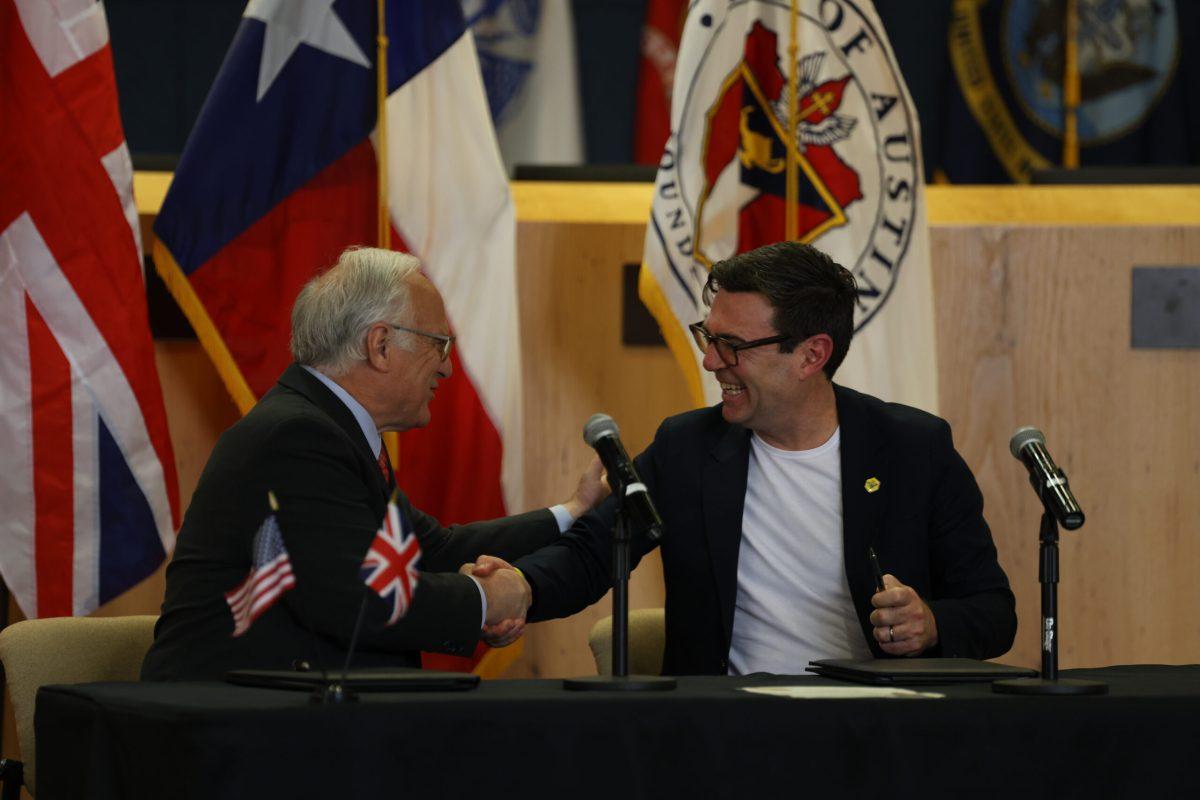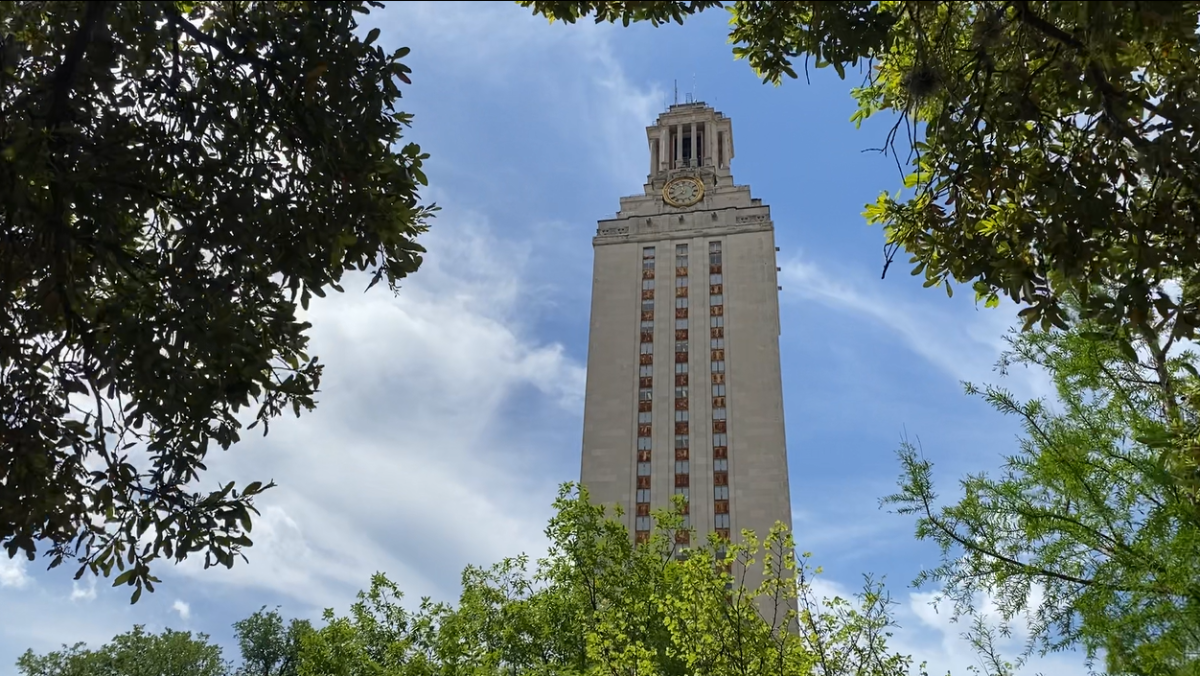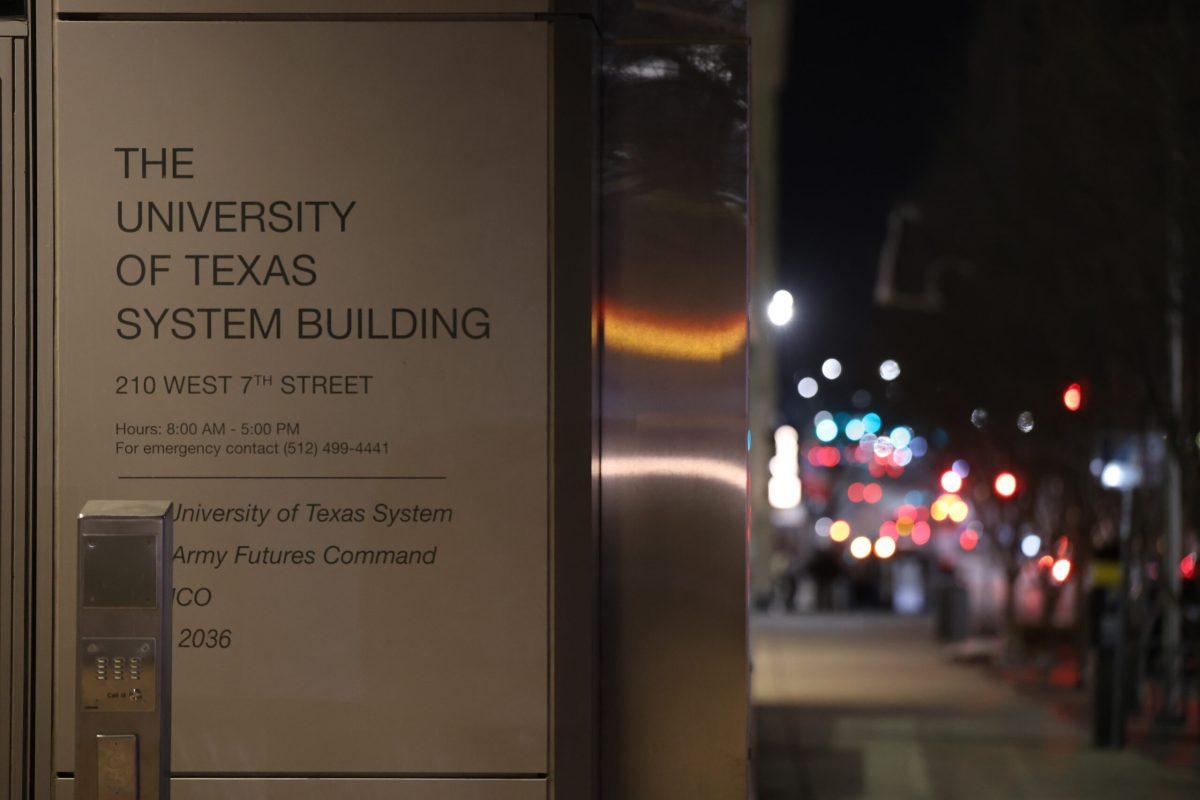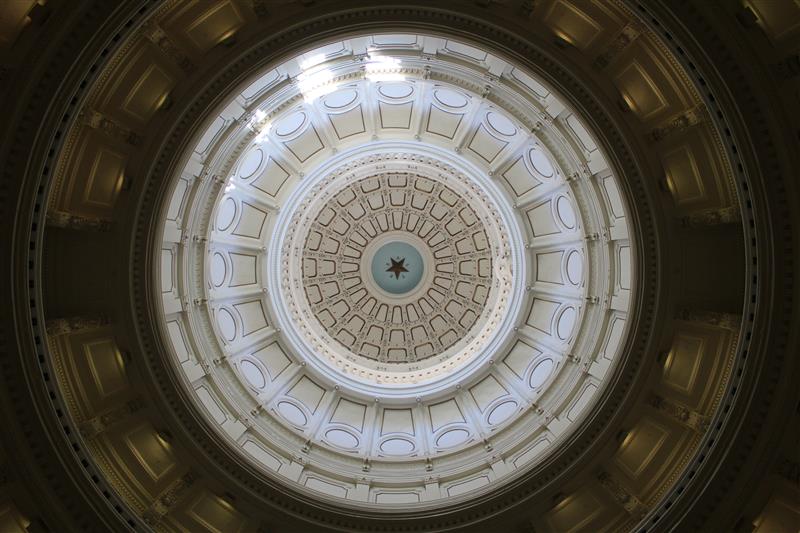Multiple discussions on higher education took place Friday at The Texas Tribune Festival in Austin.
From former U.S. Education Secretaries to Texas university presidents, education professionals brought their expertise and opinions to discussions on the current state of K-12 and higher education.
‘A Report Card’
Past and present leaders in national education came together to discuss whether K-12 and higher education are hitting the mark in a panel Friday at The Texas Tribune Festival.
The panel, titled “A Report Card,” consisted of Arne Duncan and Margaret Spellings, both former U.S. secretaries of education, and Allan Golston, president of the U.S. Program at the Bill & Melinda Gates Foundation. The U.S. Program creates opportunity in education and economic mobility for students, regardless of their race, gender, ethnicity or family income.
Adam Harris, contributing writer at The Atlantic and senior fellow at the New America Foundation, moderated this discussion.
The group reflected on learning loss and test score declines as a result of the COVID-19 pandemic, with several expressing that not enough has been done to combat this issue.
Spellings alluded to controversial book bans and Bible-based curriculum in public schools when speaking on the issue of illiteracy.
“(I’m really in despair about) arguments politically about whether people should read the Bible, Harry Potter, or this and that,” Spellings said. “Folks, the kids can’t read, period. The Bible, Harry Potter or anything.”
Golston said students are often able to achieve passing grades in benchmark courses, such as Algebra I, but are not able to demonstrate proficiency.
“(The Gates Foundation) found that it is one of the biggest predictors of school success, post-secondary success and it correlates with life success,” Golston said.
Duncan said that although 75-90% of parents think their children are on grade level, only 20-30% of children actually are.
“It’s a massive disconnect between perception and reality,” Duncan said.
Golston said lifetime earnings are 65% more for someone with a post-secondary credential.
Duncan suggested a move from K-12 to a pre-K-14 system in order to incorporate some form of higher education or vocational training.
“None of us can get a good job just for a high school diploma these days,” he said. “Those days are over.”
‘Higher Aspirations’
Higher education leaders acknowledged citizens in Texas and across the country are losing faith in higher education, citing that while many jobs in the state require education beyond a high school diploma, graduation rates are dropping.
Sara Habel, co-founder and editor-in-chief of Open Campus, a nonprofit news organization covering higher education, led a discussion regarding the future of post-secondary education at the Texas Tribune Festival Friday. In a panel titled “Higher Aspirations,” Habel was joined by Amy Bosley, Northwest Vista College President; Harrison Keller, incoming University of North Texas President; and Tedd Mitchell, Texas Tech University System Chancellor.
In light of recent protests regarding the Israel-Hamas war, Hebel asked the panel about free speech and academic freedom on campuses.
“We have to be committed to (upholding) free speech,” Keller said.
An audience member asked the panelists their thoughts on Texas Senate Bill 17. The bill, according to UT-Austin, “prohibits diversity, equity, and inclusion (‘DEI’) offices, and the programs, activities, and trainings, among other things, traditionally conducted by those offices.”
“There are 63,000 students in the Texas Tech System that we value each equally,” Keller said.
Bosely, Keller and Mitchell made it clear they want to foster a student-first environment and that public education is essentially people development.

